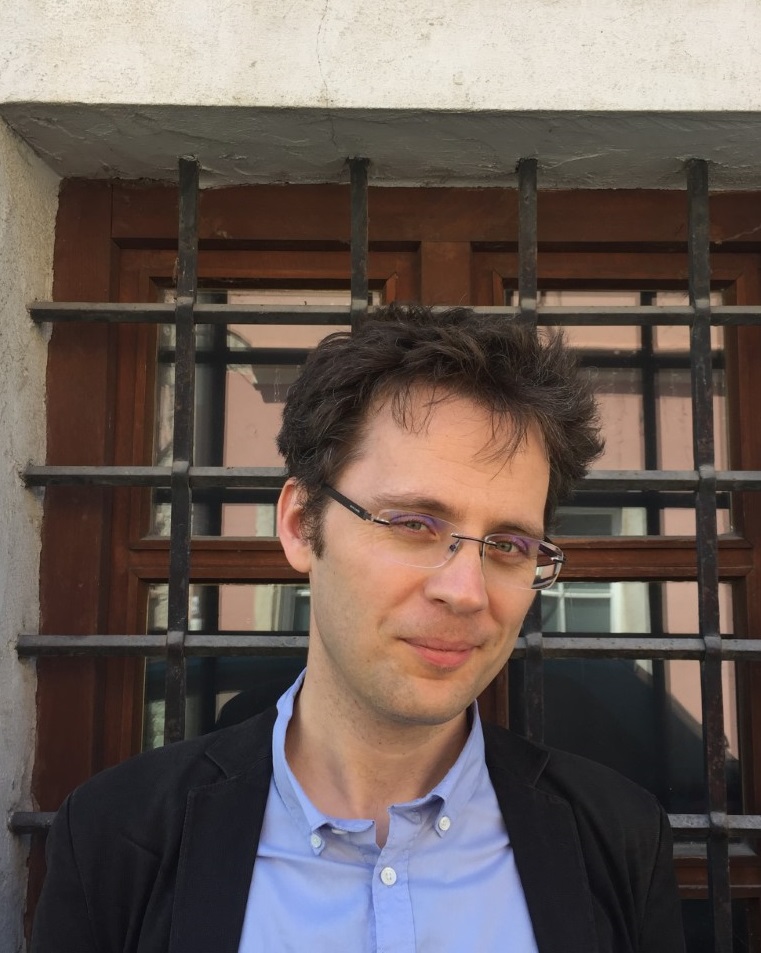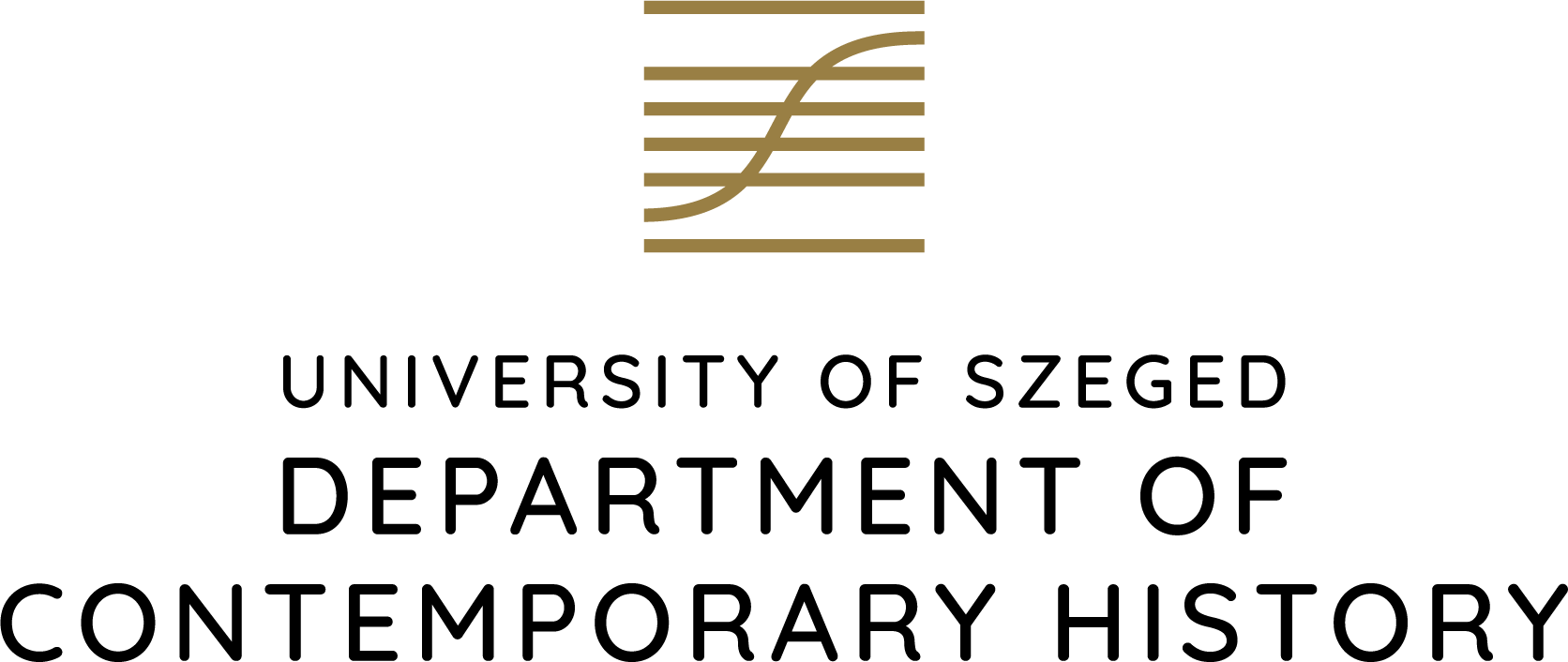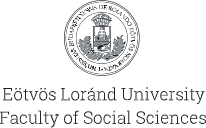
Dr. Gábor Koloh
research fellow
Fields of interest: 18th-20th century social and economic history, historical demography, family history, historical sources.
E-mail: koloh.gabor@abtk.hu
Phone: +36 1 224 6700/4619
Office: ELKH BTK TTI, 1097 Budapest, Tóth Kálmán u. 4.
Studies and scientific qualifications
After graduating from the Péter András Grammar School in Szeghalom in 2005, he studied law at the Faculty of Law of the EötvösLoránd University, and then graduated from the Faculty of Arts with a bachelor’s degree in aesthetics. He started his master’s studies in the same department at the Department of Economic and Social History in 2011, under the supervision of György Kövér. His attention was then focused on the topic of birth control in Ormánság, about which he also wrote his master’s thesis and then a doctoral dissertation. He completed his doctoral studies in the Doctoral Program in Social and Economic History, and his successful defense took place in the summer of 2018. Between2016 and 2018, he obtained a master’s degree in history from the Faculty of Pedagogy and Psychology of the Eötvös Loránd University. He did shorter studies in Cluj-Napoca, Umeå and Lund.
Scientific activity
In the Crisis History Research Group of the Hungarian Academy of Sciences, established in 2012, he worked first as an agent and then as a research assistant until its termination in 2017. During 2017-2018, he worked as a history teacher at the Ágoston Trefort Gymnasiumof Eötvös Loránd University. From the spring of 2019 he became a museologist in the Hungarian Agricultural Museum and Library, then in the autumn of the same year he became a scientific manager. He participates in the work of the Trianon 100 ‘Momentum’ Research Group at the HAS and in the ‘Momentum’ Ten Generations Research Group. He researched with a research fellowship at the Collegium Hungaricum in Vienna and the Institut der Donauschwäbische Geschichte und Landeskunde in Tübingen. During his university years, he won scholarships several times; received a republican scholarship in 2012. He won first place at the OTDK in 2013, and received the New National Excellence Program scholarship twice. In 2018, he received a scholarship from the National Cultural Fund. In the summer of 2019, the Hajnal István Circle awarded him the Benda Gyula Prize. He is a member of the Hajnal István Circle (member of the board since 2019), the editorial board of the Sic Itur Ad Astra historical periodical, the ELTE Historical College and the Hungarian Heraldry and Genealogical Society.
Education
Eötvös Loránd University (ELTE), Faculty of Humanities, Budapest (Hungary)
Doctor of Philosophy, 2018
Master of Arts (teacher training), 2018
Master of Arts (History), with Honors, 2013
Bachelor of Arts, 2011
The EHPS-Net International Summer School in Historical Demography („Babes-Bolyai” University, Cluj-Napoca [Romania], 2015)
Demography and Event History Analysis using R (Summer School, Umeå University [Sweden], 2015)
Adding the Geographic Context to Demographic Analysis (Summer School, Lund University [Sweden], 2015)
Research experience
Research fellow, MTA-SZTE-ELTE History of Globalization Research Group, Szeged–Budapest (HU). Advisor: Béla Tomka DSc.
assistant research fellow, MTA-ELTE Crises History Research Group, Budapest (Hungary). Advisor: György Kövér DSc.
Honors/Awards
- Benda Gyula Award 2018
- 1st prize: XXXI. OTDK (National Scientific Students’ Associations Conference) Humanities Section: Hungarian History between the Two World Wars, II. (Debrecen, 2013)
- Institut für Donauschwäbische Geschichte und Landeskunde (Tübingen) 4-month fellowship 2018
- Collegium Hungaricum (Vienna) 2-month fellowship 2015
- Republican Fellowship 2012-2013
- ELTE Fellowship 2009-2011
Professional affiliations
Hajnal István Society (http://hajnalkor.hu/english)
International Students of History Association (http://www.isha-international.org/)
Hungarian Historical Society (http://tortenelmitarsulat.hu/english)
In addition to historical demography, economic and social history, his research in South Transdanubia, which focuses more closely on the birth control of Ormánság, tries to unravel the approaches of cultural history and historical ethnography factors underlying birth restriction in the 19th century. This fundamentally micro-scale study also aims to show the complexity of historical society through a multifaceted analysis of the community. Along with this, his interests include 18th to 20th-century Hungarian and partly European economic and social history, more closely family history, demography, history of farming and cultural norms.



